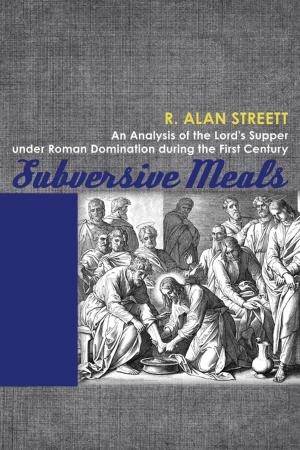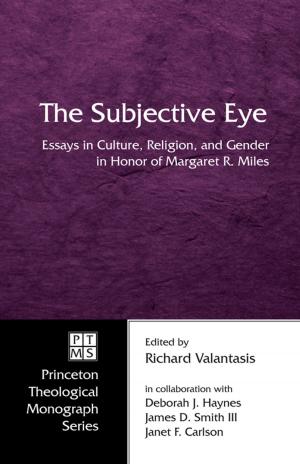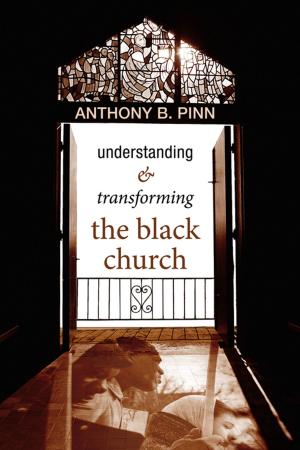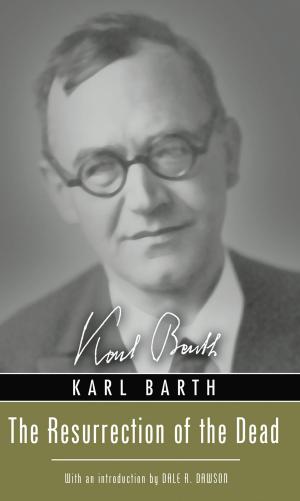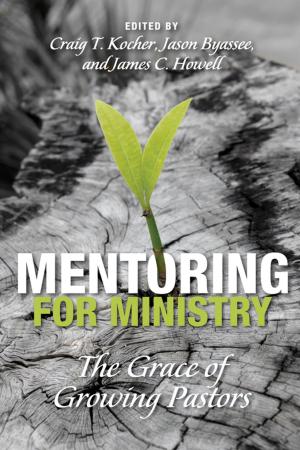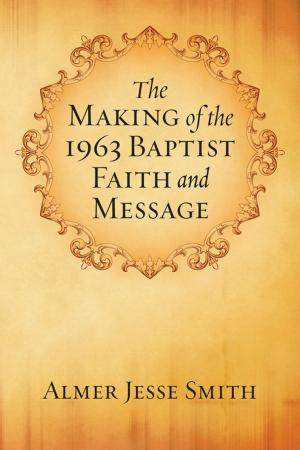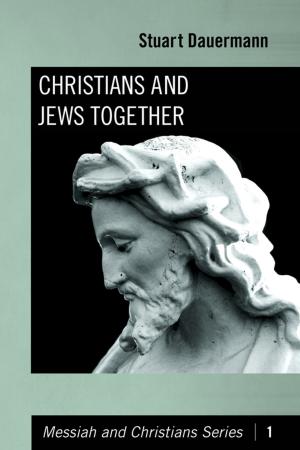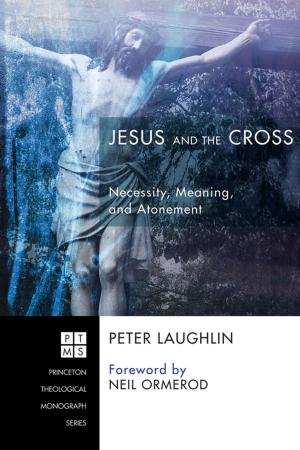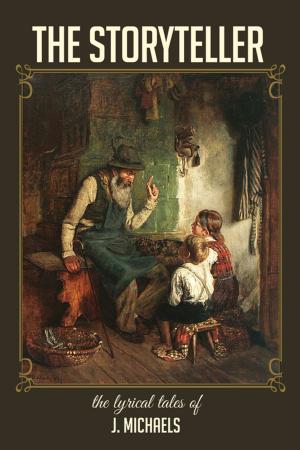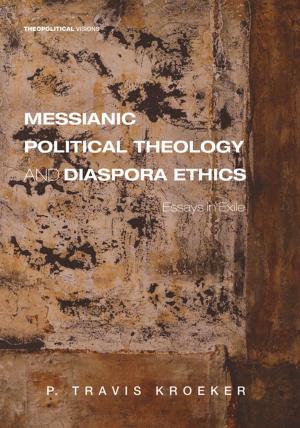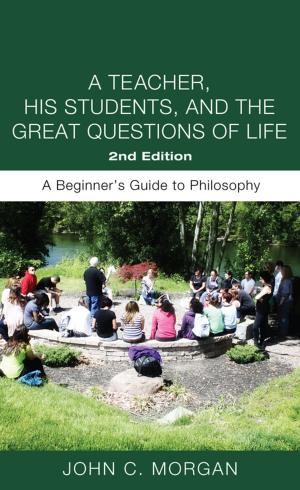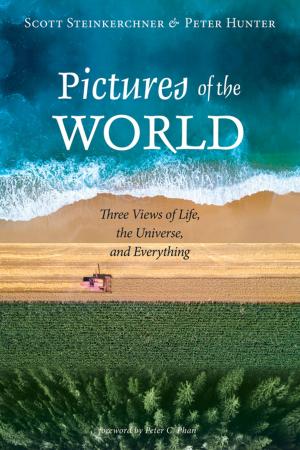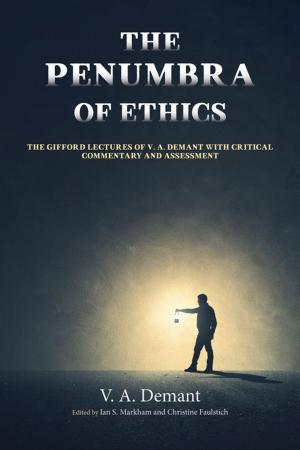| Author: | Gary Commins | ISBN: | 9781498279819 |
| Publisher: | Wipf and Stock Publishers | Publication: | October 12, 2015 |
| Imprint: | Cascade Books | Language: | English |
| Author: | Gary Commins |
| ISBN: | 9781498279819 |
| Publisher: | Wipf and Stock Publishers |
| Publication: | October 12, 2015 |
| Imprint: | Cascade Books |
| Language: | English |
This analytical, polemical, and personal book creates a lively interaction between mysticism and activism. Looking beyond superficial links between spirituality and justice, it creates an in-depth engagement of mysticism as an inner revolution and activism as a mirroring socioeconomic transfiguration. Based on the twin premises of the mystical tradition and Social Gospel-liberation theology that those who experience God in prayer or engage in social action ought to be our primary theologians, it examines what these two traditions say about theology, to each other, and to us. The broad synthesis that results from this fascinating dialogue brings new insights into mysticism, activism, theology, and ethics, and casts a unique light on how we pray and live. If Only We Could See brings together a wealth of spiritual material from the early Desert, medieval mystics, and modern spiritual writers alongside an equally rich resource of abolitionists, anti-apartheid activists, civil rights leaders, nonviolent change agents, and peacemakers. The results yield valuable insights for a theology that challenges every personal and political status quo.
This analytical, polemical, and personal book creates a lively interaction between mysticism and activism. Looking beyond superficial links between spirituality and justice, it creates an in-depth engagement of mysticism as an inner revolution and activism as a mirroring socioeconomic transfiguration. Based on the twin premises of the mystical tradition and Social Gospel-liberation theology that those who experience God in prayer or engage in social action ought to be our primary theologians, it examines what these two traditions say about theology, to each other, and to us. The broad synthesis that results from this fascinating dialogue brings new insights into mysticism, activism, theology, and ethics, and casts a unique light on how we pray and live. If Only We Could See brings together a wealth of spiritual material from the early Desert, medieval mystics, and modern spiritual writers alongside an equally rich resource of abolitionists, anti-apartheid activists, civil rights leaders, nonviolent change agents, and peacemakers. The results yield valuable insights for a theology that challenges every personal and political status quo.

